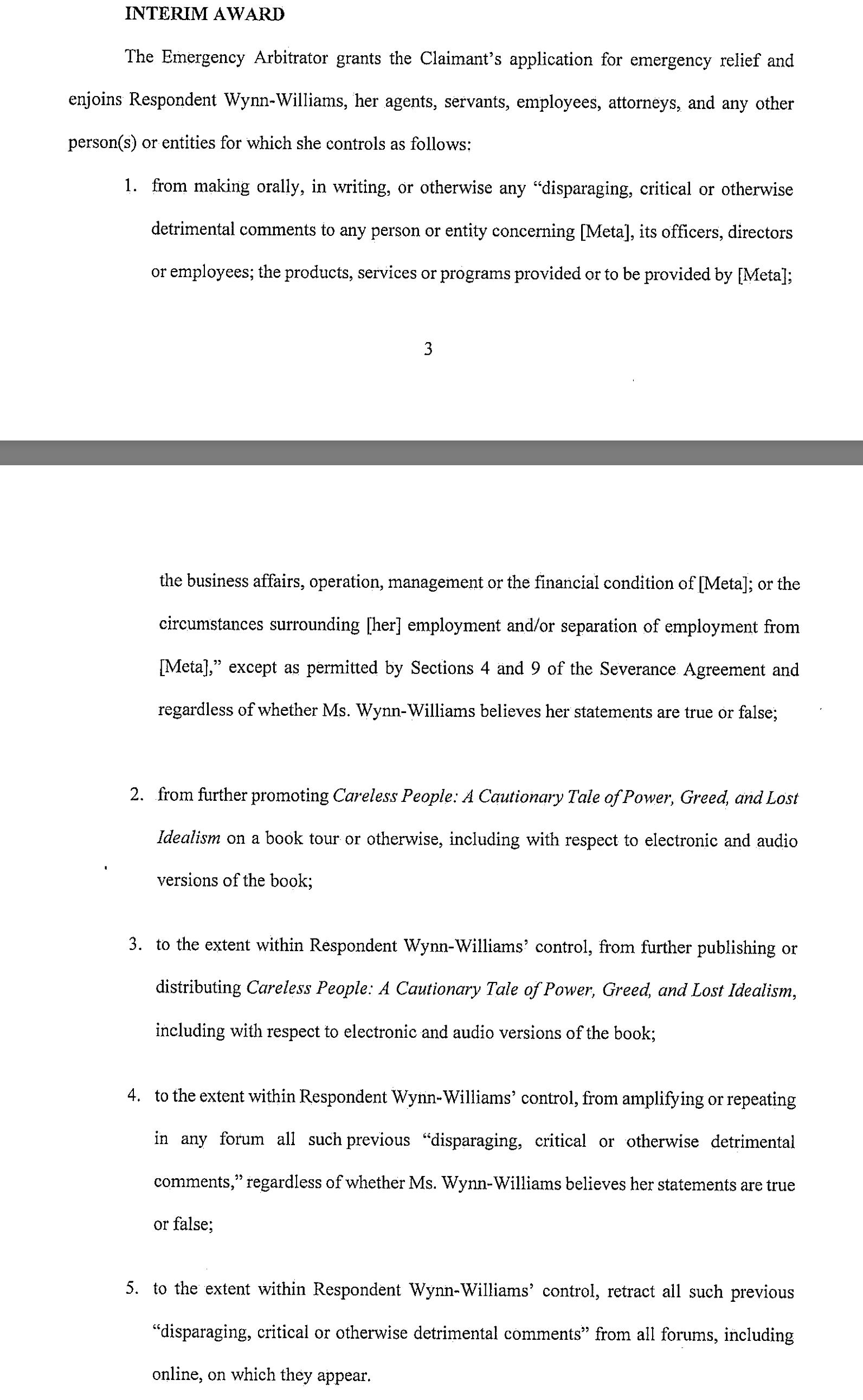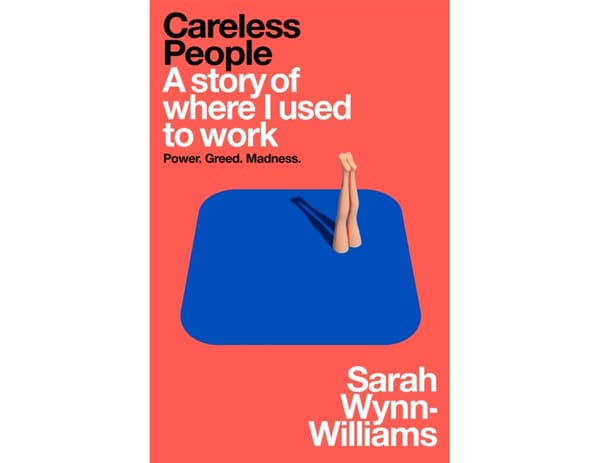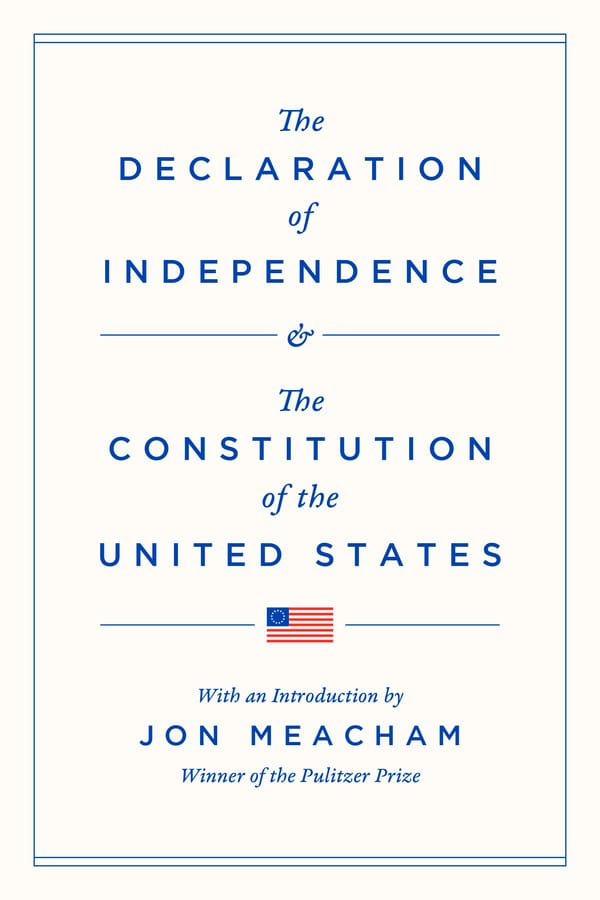These unspeakable dipshits

You might recall a couple of days ago, I wrote about Sarah Wynn-Williams' book about her time at Facebook, Careless People.
Specifically, I wrote how the book would likely have landed with a dull thud were it not for Facebook's desperate efforts to convince readers not to buy it.
Apparently nobody at 1 Hacker Way reads Citizen Bookseller, because the company just went to court to ask a legal arbitrator to stop Wynn-Williams promoting the book.
A what? An arbitrator, the favored legal tool of Silicon Valley companies who don't want their former employees telling inconvenient truths about them.
In a nut, when you take a job at Facebook-Meta, or pretty much any other company in Silicon Valley, you sign a legal document agreeing that any disputes between you and your employer cannot be resolved via a normal lawsuit. Rather both parties must go to "binding arbitration," a behind closed doors process in which an impartial arbitrator will decide if either party has a legitimate grievance and how it must be resolved.
It's the same reason why most of the terms and conditions you are forced to agree to when you sign up to use services from Facebook, Google, Microsoft, Uber, etc etc also require you to agree to arbitration. The process massively favors the company as it prevents their behavior ever being exposed in a public court room, and removes the risk that a jury might find against them.
Sure enough, in this case, the arbitrator found that Wynn-Williams agreed as a term of her employment not to disparage her former employer. And so, in keeping with that agreement, the arbitrator ruled that she must stop promoting her book.

Unbelievably, Meta also tried to argue that Macmillan, Wynn-Williams' publisher, should be bound by the same non-disparagement agreement. This despite the fact that Macmillan was... er... never a Meta employee. (The arbitrator magnanimously decided not to rule in their favor on that issue, perhaps because that would be illegal and insane.)
And also despite the fact that, just two months ago, Mark Zuckerberg proclaimed that Meta was no longer in the business of censoring speech and that henceforth it would rely on "community notes" to fact check erroneous claims.
Meta’s platforms are built to be places where people can express themselves freely. That can be messy. On platforms where billions of people can have a voice, all the good, bad and ugly is on display. But that’s free expression...
These changes are an attempt to return to the commitment to free expression that Mark Zuckerberg set out in his Georgetown speech. That means being vigilant about the impact our policies and systems are having on people’s ability to make their voices heard, and having the humility to change our approach when we know we’re getting things wrong.
Because nothing says "free expression and having the humility to know when we're getting things wrong" than using an arbitration agreement to censor a book that mildly embarrasses Sheryl Sandberg and reveals what really happened when Mark Zuckerberg played Settlers of Catan.
Still Macmillan probably isn't too worried about Wynn-Williams' no longer being able to promote Careless People as Facebook seems to be doing everything it can to promote the hell out of the book themselves.
Buy a copy of Careless People here.
...
PS. A fun fact: Last year it was reported that Facebook-Meta considered buying Simon & Schuster (my publisher) to train their AI models using S&S authors' books. Lotta people at S&S breathing a sigh of relief today that the deal never went through.





